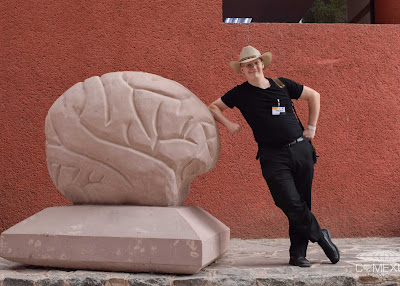Bootable pandrive kaise banaye apne window ko formate karne ke liye window 7,8,8.1,ya 10 ke liye

Today we are talk about bootable pandrive agar aap logo ko pta nhi h ki bootable pandrive kya hai or hum kaise bootable pandrive banaye to ye post aapke liye bahut hi jyada faydemand hoga kyoki iss post me hum complete tutorier denge ki kaise hum apne simple pan drive ya sd card ko bootable bana kar apne windows ko khud h formate kar sakte hai . BOOTABLE PANDRIVE KYA HAI ISSKA KYA KYA USSES HAI BOOTABLE pan drive aapke pc ko boot krne ke liye banaya jata hai iski madad se aap apne windows me 7 8 ya 10 ko install krsakte hai iske liye aapko bas thodi simple method follow krni hogi or agar aapko abhi bhi bootable pandrive ke bare me doubt hai to mai aapko ek simple sa example deke samjha raha hu man lo jab aapka pc ya leptop thik se kam nhi karta to aap kya krte hai kisi pc shop pe jate hai n osko bolte hai ki window ko formate krdo ye thik se kam nhi krr rha h to wo aapke pc me current window ko formate karke new window dal deta hai isse aapka pc ke sare setting renew hoyate hai or ...








